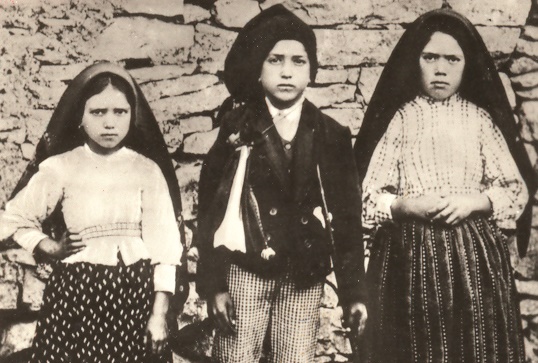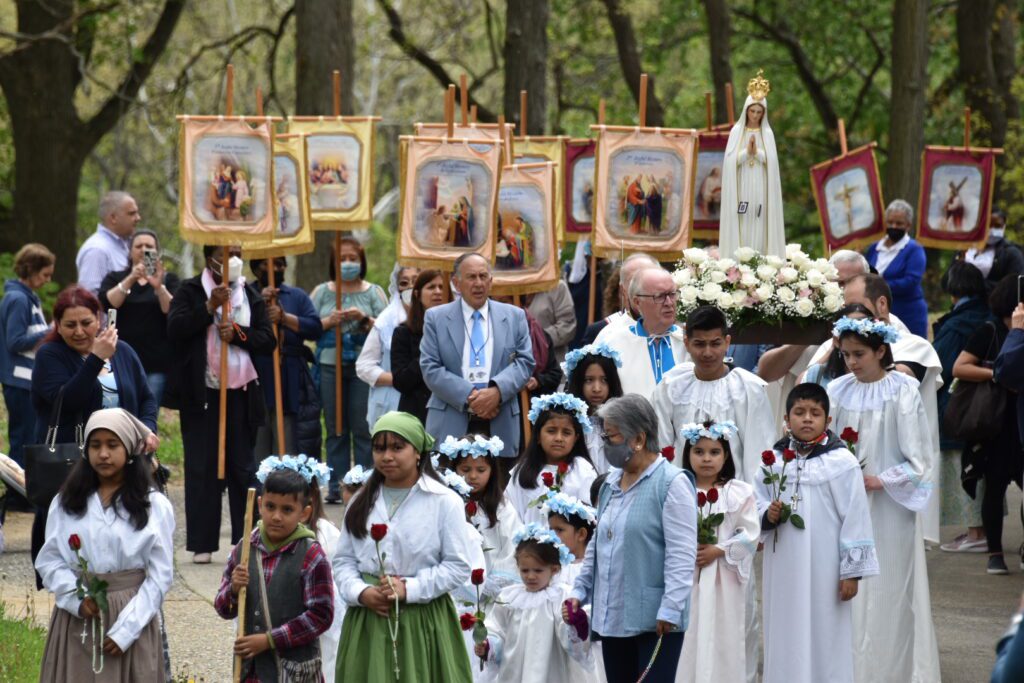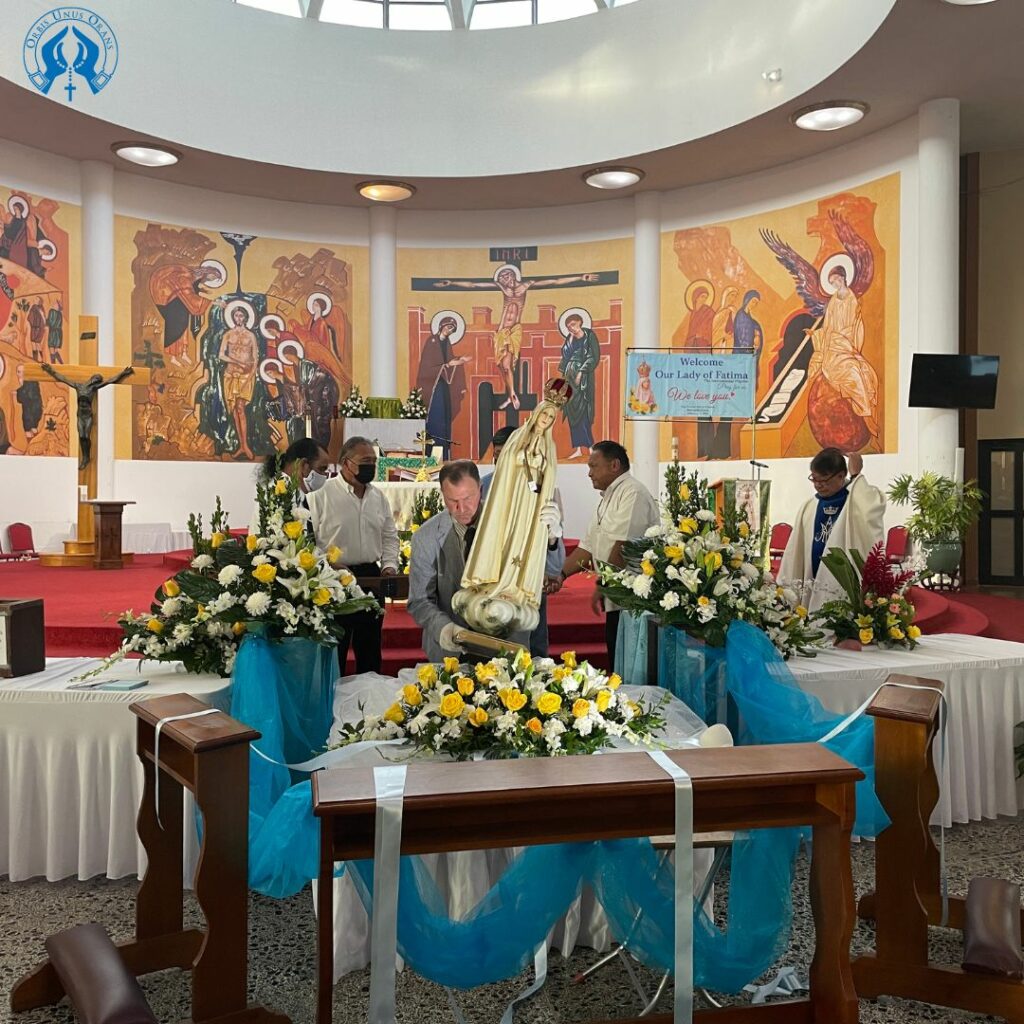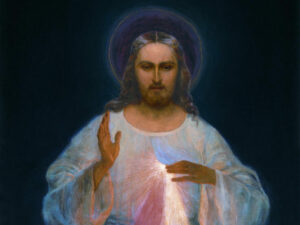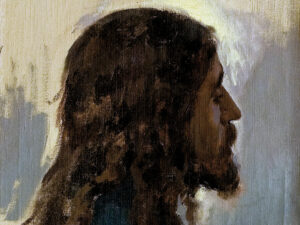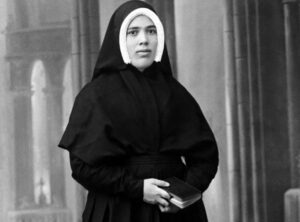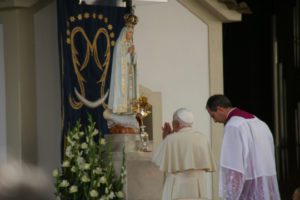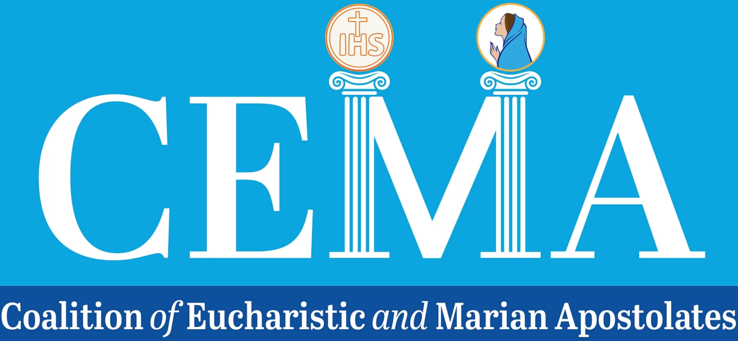by David M. Carollo


As people redeemed in the Blood of Christ, we know that our sins are forgiven if we sacramentally confess these and are truly contrite. Once cleansed, we must take the lessons of our failures and help others who have fallen to avoid sin and return to a life of grace. The message of Fatima demands that we do so. Every sin ever committed – past, present or future – was accounted for at Calvary. No sin, other than to reject the gift of redemption, is unforgivable.
Forgiveness is the most obvious trait of a Christian. Jesus healed the afflicted through forgiveness and called for the forgiveness of mankind from the Cross. We find forgiving to be difficult at times. Perhaps we need to ponder seriously why this is. They say that charity begins at home. Before we can forgive others or teach them to forgive, we must first forgive ourselves. We cannot give to others what we do not have. We cannot bring people to love God properly if we do not love ourselves enough to move beyond our failures and seek the future. The past is a ball and chain for those who cannot forgive themselves, and our enemies will always try to use our past imperfections to discredit us and derail our work. To thine own self be true. To truly believe in forgiveness, one must forgive themselves first.
Many great saints came from the ranks of the greatest sinners. God does not call perfect people; He calls imperfect people to become perfect through laboring with the guidance of His grace, so that they can teach others the path to salvation. The only thing that disqualifies us from good work is unwillingness to pick up and go forward. If we fail to first forgive ourselves fully, we deny Christ and His salvific work. We fail to truly hear His words from the cross, “Father, forgive them, for they know not what they do.” These words were not meant only for the Roman executioners, but for all of us, because our sins put Him there. We, too, must say, “Father forgive us,” and then, “Jesus, I trust in You.”
This is how St. Paul, a persecutor of Christians, became the Apostle to the Gentiles. And how Blessed Bartolo Longo, an occultist, become a champion of the Rosary. He consecrated the world to Our Blessed Mother and offered her a golden rose. St. Pope John Paul II called him “the man of the Madonna” and the “Apostle of the Rosary.” St. Augustine responded to the constant prayers of his mother, St. Monica, and turned to the Faith. He became a great bishop and a doctor of the Church, a model for religious life. The list is endless.
I have struggled myself with the idea that I could not best fulfill my duties, due to past imperfections and betrayals of God. Like St. Peter, who overcame his failure on Holy Thursday and forgave himself, so that he could ask the forgiveness of Our Lord, we all must truly believe in the salvation purchased from the Cross and be worthy of it by looking forward. No vehicle has ever reached its destination while the driver was looking backwards.
Today our Faith is under tremendous attack by forces aimed at eradicating Christian history and reconstructing a new order fashioned after a demonic foundation. Perhaps guilty of evil actions in our past, we shy away from working to thwart the evils that we encounter today out of feelings of unworthiness. Those who have fallen, however, can be the best ambassadors for reform, knowing the pitfalls of sin and understanding the danger to souls who embrace a redefinition of morals. Never believe that you are unworthy to represent the truth. It is only in our humility that we become worthy.
The condition of our steadily declining world today does not have to meet a difficult end. We have the power to level the descent and climb to new heights. Like an airplane with a sputtering engine, we can regain power and rise beyond imagination. Not only is this possible, but it is attainable if we are focused on the future and are not stuck in the quagmire of past imperfections.
The work of evangelization and re-evangelization is the task at hand. Like St. John Paul II during the Solidarity movement, we must stand up to attacks against our Christian culture and history and demand the rights and dignity of the human person, which come from God. We must work with all our might to re-establish the missionary spirit, which brought the Faith to all parts of the world, and extend our efforts even farther to where we have not succeeded in evangelization. Sitting on the sidelines is not an option now. It never actually was.
Many of the greatest saints longed to have lived in these times, when carrying the countercultural banner for Christ makes us stand out. St. Augustine instructs us: “Trust the past to the mercy of God, the present to His love and the future to His providence.” Now is the time to live our Christian heritage to the fullest, with our goal focused on the future – a future we may not get to see.
God bless you and Mary keep you in her Immaculate Heart.
David Carollo is the Executive Director of the World Apostolate of Fatima USA/Blue Army Shrine. He wrote this for his Voice of Fatima column.


